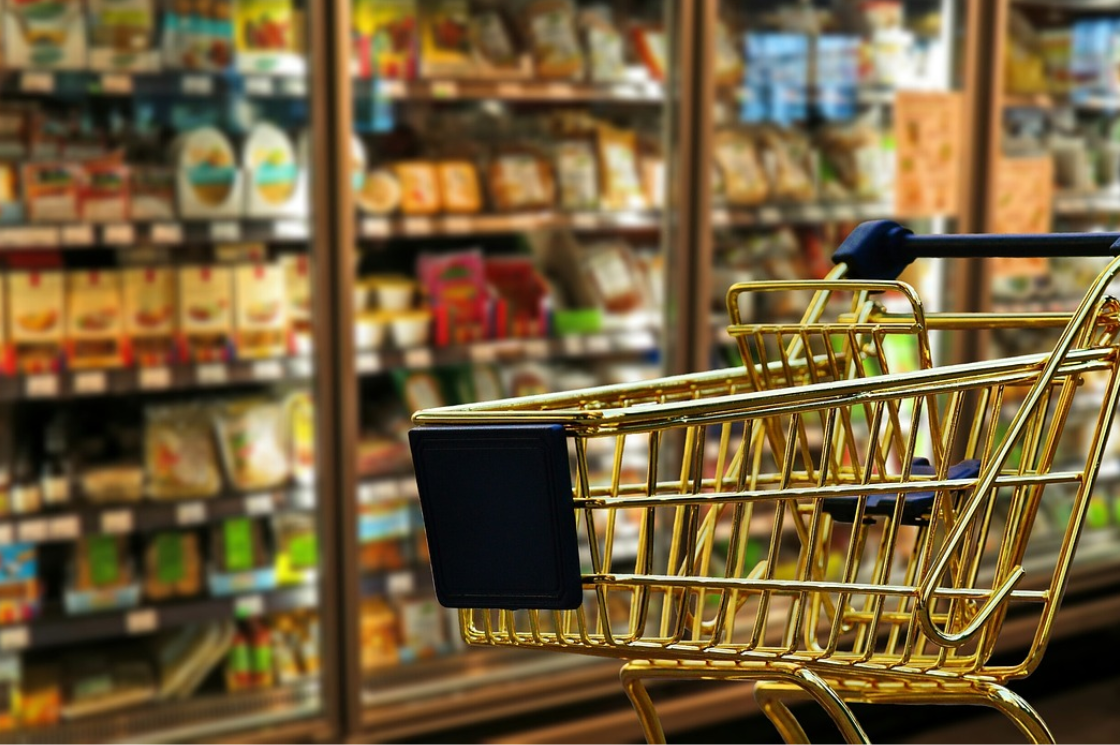
(Photo : Pixaby)
The FMCG sector is optimistic about a recovery in consumption growth in 2025, with early signs of improvement already visible, following a tough year marked by rising input costs and double-digit food inflation, according to FICCI president.
These challenges slowed urban market growth in the latter half of 2024. Prices for key commodities like palm oil, coffee, cocoa, and wheat surged, forcing FMCG companies to raise prices by 3 to 5 percent or implement shrinkflation by reducing pack sizes to maintain attractive price points and avoid volume loss.
Industry players are also hopeful that the upcoming annual budget will support the struggling middle-income group, boost consumption, and contribute to the recovery of the rural market, along with the benefits of a good monsoon season.
Emami Vice Chairman & MD Harsha V Agarwal, who also serves as the President of industry body FICCI, stated that the resurgence of high food inflation in 2024 has once again disrupted consumption patterns, especially among mass-segment consumers, and continues to be a major challenge.
"Consumption among the lower-middle and middle-class segments has remained subdued, with approximately 75 per cent of average retail spending directed towards food and grocery, leaving only 25 per cent for discretionary purchases," he said.
Positive Signs for Recovery in Consumption
Agarwal, who also serves as the President of industry body FICCI, noted that 'positive signs' are emerging on the consumption front as food inflation begins to ease. "A revival in consumption growth looks promising, supported by a good crop and increased government spending on large-scale infrastructure projects and rural schemes in the December quarter," he said.
Dabur India CEO Mohit Malhotra acknowledged that rising food inflation and a slowdown in urban demand were key concerns in 2024. "While rural demand has been growing quarter on quarter, we expect a recovery in urban demand as the new year progresses. Premiumisation is expected to continue, and this will help improve value growth in 2025," he said.
Shifting Consumer Behaviour and Long-Term Trends
"Consumers are willing to pay a premium for products that offer better quality, unique features, or enhanced experiences. Premiumisation is expected to continue, and this will help improve value growth in 2025," said Malhotra.
Tata Consumer Products Ltd (TCPL) MD and CEO Sunil D'Souza expressed optimism about 2025, maintaining a strong focus on driving profitable growth and building future-ready capabilities. "In India, consumer trends such as premiumisation, health & wellness, and convenience are expected to gather pace. Quick commerce has seen exponential growth, but physical distribution continues to stay extremely relevant at the same time," said D'Souza.
Future Growth Outlook and Evolving Consumer Demands
Gen Z and millennials are anticipated to contribute to an increasing share of consumption, with some estimates predicting 76 percent of consumption by 2030. "This presents an opportunity for cooking aids, packaged food, healthier and guilt-free snacking, and mini-meal options, all of which we have added to our portfolio in the last few years. It will also require shorter innovation cycles," he said.
Marico MD & CEO Saugata Gupta highlighted the profound shifts in consumer behavior, with sustainability, premiumisation, and personalisation emerging as key trends. "The direct-to-consumer ecosystem continues to thrive, with digital-first and premium brands demonstrating resilience and growth. The channels are undergoing a tremendous transformation with the consumer shifts that the industry is witnessing. The medium-term growth outlook for the industry is very much intact," he said.
Godrej Consumer Products Ltd (GCPL) CFO Aasif Malbari stated, "Despite these challenges, we remain committed to navigating near-term headwinds while investing strategically for long-term growth." He added, "As we look ahead to 2025, we are cautiously optimistic, supported by an improving economic outlook and our focus on market development. The upcoming budget should consider proactive measures aimed at stimulating consumption in the larger economy. A consumption boost will lead to a cycle of sustained economic growth in the long run."
For beverage giant Coca-Cola, which divested a 40 percent stake in its bottling arm in a deal estimated at around Rs 10,000 crore, 2024 has been a year of "resilience and growth." Driven by economic progress and expanding opportunities, the Indian market continues to evolve, said its VP Franchise Operations, India, Sundeep Bajoria. "With rural India witnessing a demand upturn, our well-connected traditional and modern retail ecosystem along with AI-powered tools like Coke Buddy are expanding accessibility and convenience," he said.
* This is a contributed article and this content does not necessarily represent the views of btin.co.in









